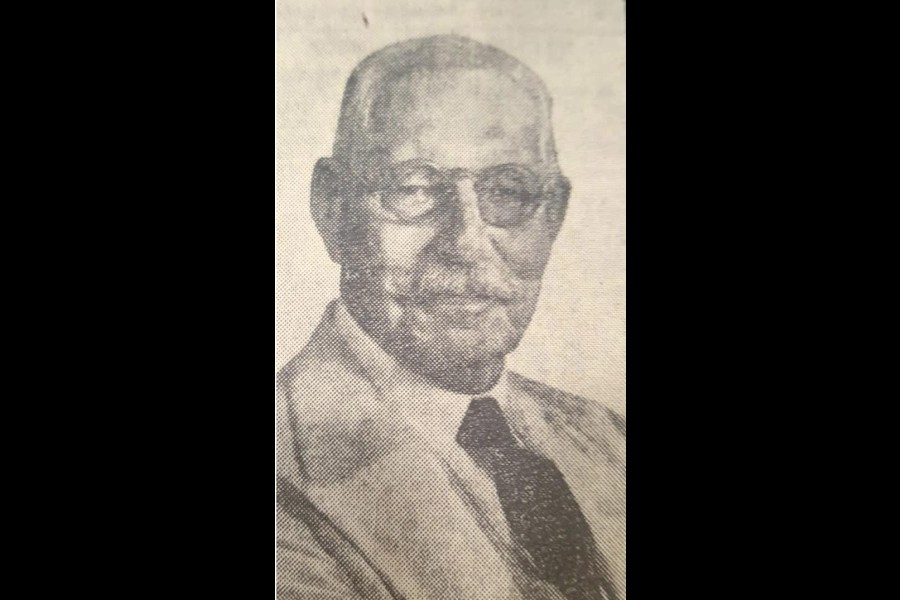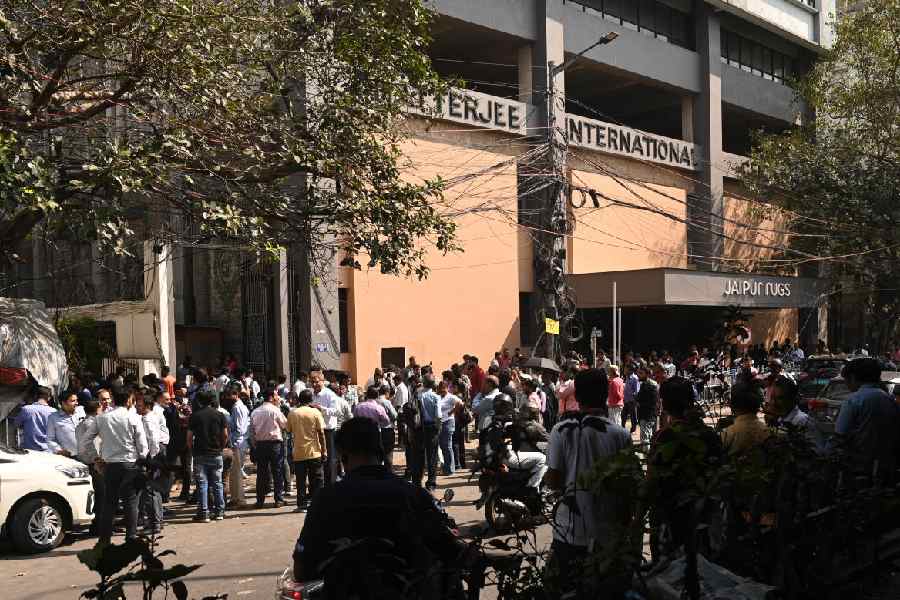Book: HARRY HOBBS OF KOLKATA AND OTHER FORGOTTEN LIVES
Author: Devasis Chattopadhyay
Published by: Niyogi
Price: Rs 595
The raison d’être of any anthology is its most intriguing element. Devasis Chattopadhyay’s book states its purpose in its title — it seeks to profile the lives of nine Caucasians in 19th-century Calcutta in an attempt to rescue them from history’s amnesia. Chattopadhyay’s protagonists are not as phenomenal as the Hastings or the Curzons of yore; yet they formed a part of the emerging professional class of that time whose contributions were crucial to the development of the new imperial capital. This “subaltern group of individuals” included military officials and opera impresarios, cartoonists and detectives.
Metaphorically speaking, reading Harry Hobbs is akin to participating in a heritage walk that examines Calcutta’s colonial heritage, exploring its dark alleys and architectural marvels, thereby teleporting the reader to a period when the city was in a churn. The prime focus of the monograph is Major Harry Hobbs, a piano tuner who arrived in Calcutta in 1883, fell in love with “her [Calcutta’s] every nuance” and became one of its prolific archivists. The other characters include Isaac Roberdeau, a mere cog in the East India Company’s vast wheel; nonetheless, his phrase, “minutely just, inflexibly upright”, formed the foundation of India’s civil services; Antoine De L’Etang, Marie Antoinette’s lover, who came to the city on exile and became a patriarch of a family whose descendants included Virginia Woolf; and Richard Reid, who investigated the 1868 Amherst Street murder and was appointed the first detective of the Kolkata Police.
Chattopadhyay fleshes out his chronicle with the help of contemporary newspaper reports, memoirs and government records to throw light on some interesting, interconnected lives — John Shakespear, a descendent of the bard, formed alliances with Warren Hastings and W.M. Thackeray while affluent natives like Chhatu Babu rubbed shoulders with De L’Etang’s granddaughters. Calcutta’s history is intertwined with the narratives depicting these lives.
Harry Hobbs is not free of minor quibbles though. Some of the passages tend to become boring owing to the repetition of information. Surprisingly, women characters are mostly relegated to the background. Calcutta, too, is placed out of focus in some parts of the book. But these shortcomings notwithstanding, Harry Hobbs deftly balances anecdotes with facts to foreground the lives of a few “worthies” who shaped the sensibilities of colonial Calcutta.










